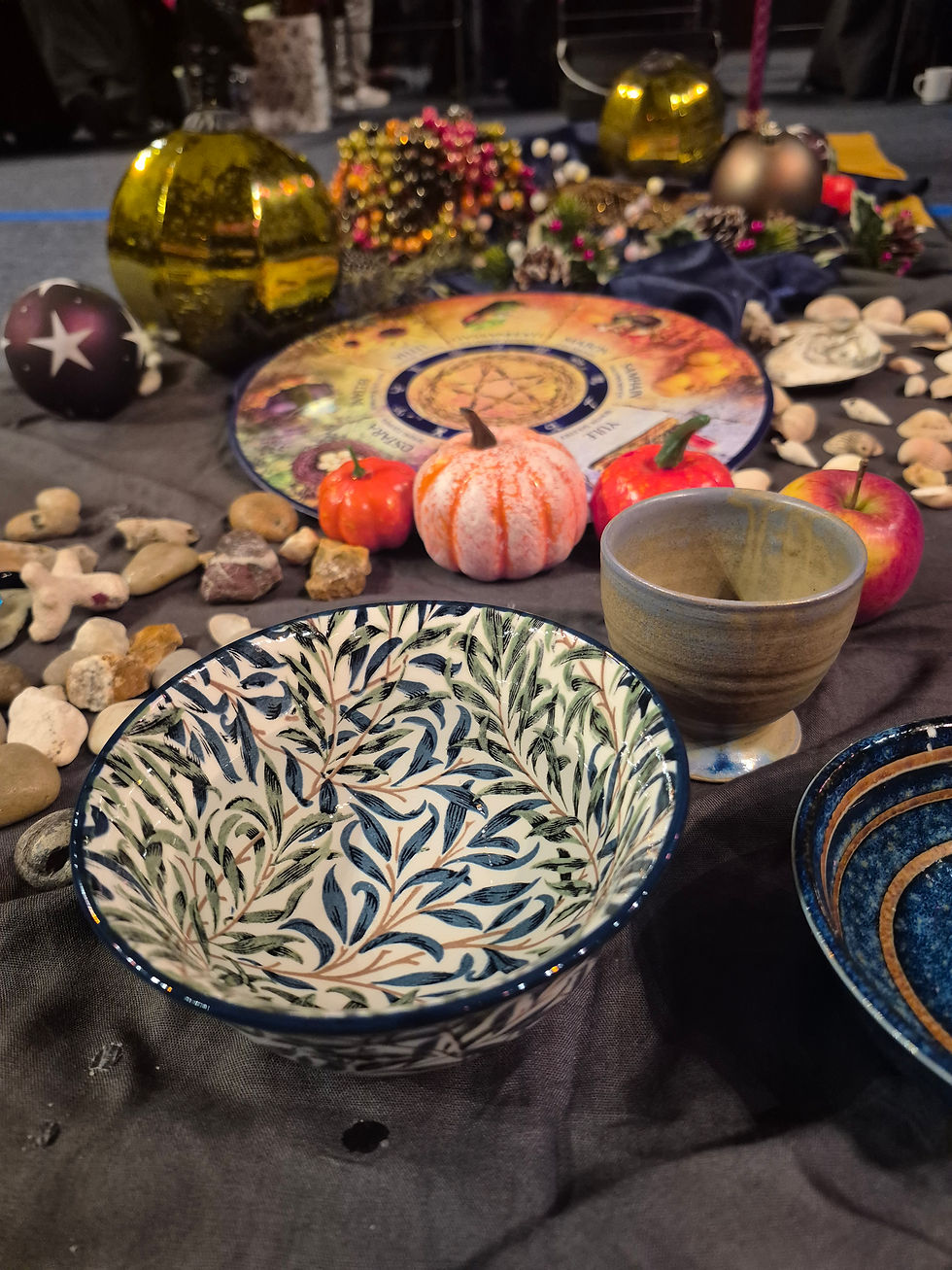Repairing the World
- Adam Slate

- Nov 21, 2023
- 3 min read
The following is extracted from my message from the Sunday, 19 Nov 2023 morning service.

This past Sunday, 19th Nov, was Mitzvah Day, the UK’s largest faith-led day of social action. For those of you who aren’t familiar with Mitzvah Day their website describes it as “over 55,000 people around the world, coming together to give our time, to make a difference to the community around us. We introduce people to social action, to their neighbours and to local charities, setting up projects, which address real needs. Jewish-led, we bring together people of all faiths and backgrounds, to volunteer side-by-side, building longstanding, genuine relationships.”
A mitzvah is literally a commandment in Jewish law. But it’s also used to mean a good deed or an act of kindness. These two senses of the word–both a commandment and an act of kindness–capture the Jewish notion that performing good deeds and acts of service are integral to Jewish life. They embody the ancient Jewish concept of tikkun olam, or world repair, which is this year's Mitzvah Day theme. Tikkun olam tells us that we all can and should play a part in improving or fixing what’s broken in the communities around us. Jewish people recognise a fundamental call to social action.
Of course, Jews aren’t alone in our ethic of service to our community and our world. The Qur’an calls Muslims to perform acts of care, such as in Chapter 28, verse 77, translated as “Do Good As Allah Has Done Good to You.” And in the Christian scriptures, in the Gospel of Matthew (25:31-46), Jesus teaches that the one criterion for judgement when God’s realm comes to pass is whether we have cared for people most in need–those who are sick, hungry, financially struggling, lonely, or incarcerated.
And at our best, Unitarians share this moral understanding of active social engagement, and the call to engage with our community in tangible, supportive ways. Rosslyn Hill Chapel has responded to this call by:
Providing hospitality here in our space, as we do with our weekly under-5s play group, our monthly community lunch, and our winter cold weather shelter.
Like partnering with other organizations, as we’re doing in our work with the Camden Faith Leaders Network; our monthly Death Cafe conversations; and several community interfaith services this week around Transgender Day of Remembrance affirming trans people as people of God–something too many faith communities are still unwilling to do.
Like organising efforts to collect donations or raise money for charities, as we did last month with an art show and auction featuring the artwork of Chapel member Heidi Ferid, which raised money for the Chalk Farm Food Bank.
And like our work to influence policy and raise awareness about important issues, as some of us have done with other Unitarians at rallies here in London, and by considering joining other Unitarian and non-Unitarian congregations as members of Citizens UK which uses a community organising model to amplify grass-roots voices to effect social change.
These activities point to an important truth: it’s not enough for us to come together in the Chapel on Sunday to provide comfort and camaraderie to each other. We strive to be an engaged congregation that has a transformative impact on the lives of those in the larger community. The American theologian Howard Thurman spoke to this when he said that congregations need to break down what he called the “artificial barrier between religion and life.”
Bryan Stevenson, the subject of the 2019 film “Just Mercy,” speaks of something similar. He says that we must get proximate to human need and suffering, not just developing a detached awareness from the comfort of our sanctuary, but engaging with it through community service.
I know this message can be challenging for those of us with busy lives who feel that engagement with communities outside our Chapel walls, and outside of Sunday services, can be difficult. We may have a demanding job, be raising young children, or have mobility or other physical or health limitations. And it’s important that we balance all of our life considerations, and take care of ourselves. And at the same time, this message should challenge us. By that, I mean that it’s a valuable exercise in the development of our spiritual selves to wrestle with questions like how to spend our energy and our time in ways that reflect our moral and religious values.
Let us continue to wrestle with these questions–both as a congregation and individually–to find ways we can practice tikkun olam, world repair. May we take this work seriously, and give of ourselves generously, and be blessed in our efforts.





Comments